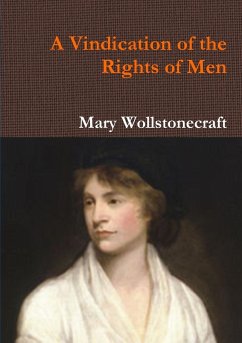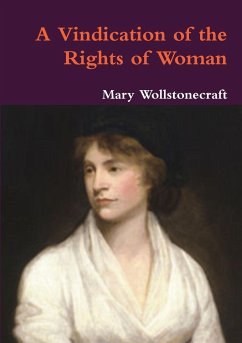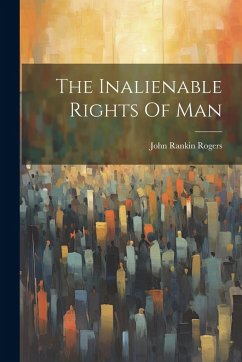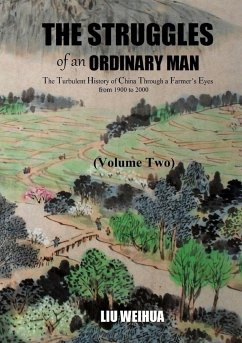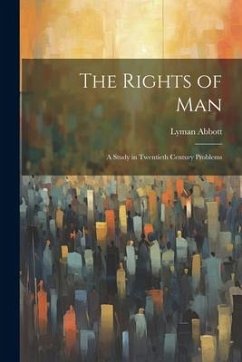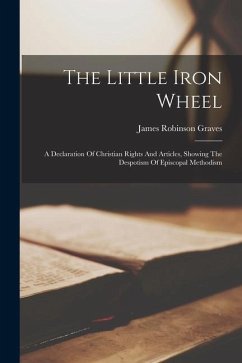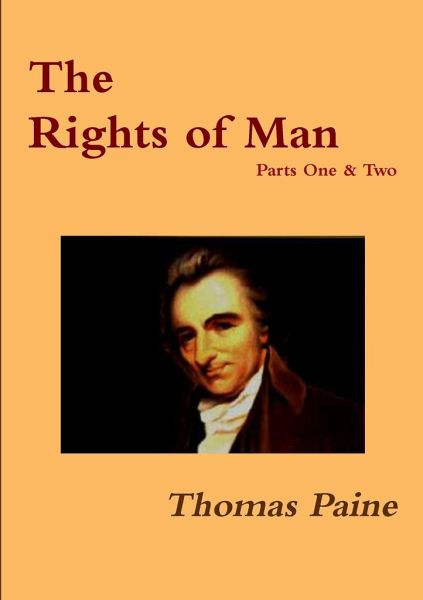
The Rights of Man - Parts One & Two
Versandkostenfrei!
Versandfertig in 1-2 Wochen
18,99 €
inkl. MwSt.

PAYBACK Punkte
9 °P sammeln!
In 1790 Edmund Burke launched an attack on the French Revolution. Mary Wollstonecraft responded with "A Vindication of the Rights of Man", the first shot in a Pamphlet War to which Thomas Paine, who had participated in the American Revolution and had intimate knowledge of the French Revolution, decided to add his own firepower. The result was "The Rights of Man", a work which inspired the thinking sections of the working people of England and all those seeking Parliamentary and social reform, just as it appalled the landed aristocracy, the bishops of the Church of England and the Tory establis...
In 1790 Edmund Burke launched an attack on the French Revolution. Mary Wollstonecraft responded with "A Vindication of the Rights of Man", the first shot in a Pamphlet War to which Thomas Paine, who had participated in the American Revolution and had intimate knowledge of the French Revolution, decided to add his own firepower. The result was "The Rights of Man", a work which inspired the thinking sections of the working people of England and all those seeking Parliamentary and social reform, just as it appalled the landed aristocracy, the bishops of the Church of England and the Tory establishment. Today sections of the Tory Party are attempting to resurrect Burke as a great philosopher and promoter of liberty. Any attracted to that view as well as those against it could do worse than read Thomas Paine's contribution to the debate. Published in support of the Working Class Movement Library, 51 The Crescent, Salford, M5 4WX.





